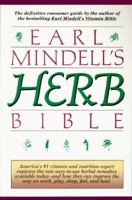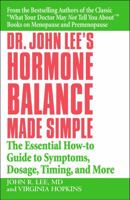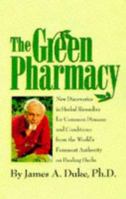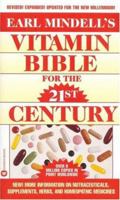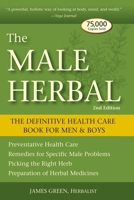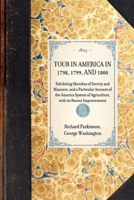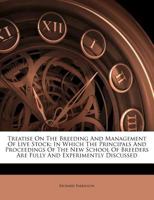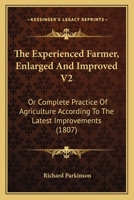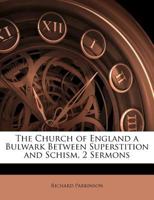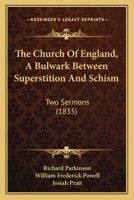The Private Journal and Literary Remains of John Byrom, Volume 2; Volume 44
Select Format
Select Condition 
You Might Also Enjoy
Book Overview
Customer Reviews
Rated 5 starsValuable reference source
The Herb Bible is ideal for those who are interested in getting to know about herbal remedies and their benefits. It is not a detailed botanical work but intended for the average reader. Most of these herbs are available in pharmacies and health shops and are easy to use. The author explains what herbs are, their healing properties and how they work in the body. He provides information on how to buy herbs, the shelf life...
3Report
Rated 5 starsA must keep book
This book is great for beginners studying Herbalizem. The Herbs are right in the store so there is no trying to figure out if the herb you found is the herb your looking for. This book includes easy instructions on how to use and prepare the various herbs from the most used herbs today. This book is a good reference so if you get a copy hang on to it.
3Report
Rated 5 starsAn indispensable herb reference
With the increasing popularity of herbs, there come an increasing number of questions on what they are and how to use them. This book has most of the answers in an easy to use format. It gives you a description of the most commonly used herbs, their benefits, and guidelines on their use, including recommended dosages. It also gives warnings as to side effects and people who shouldn't take them.Additionally, it is loaded...
3Report
Rated 5 starsThis is impressive content organized intelligently.
I found this book to be one of the best collections of herbal remedies and beauty treatments that I have come across in many years. I was impressed how well organized and structured this book is. I consider it one of my best herbal references in my private library. I have shared this book with many of my friends and neighbors. Enjoy this excellent source of personal care!
3Report
Rated 4 starsGood Herbal Reference
Dr. Mindell puts out a good book to add alongside his book on vitamins. This is one of the better herbs books.
1Report













